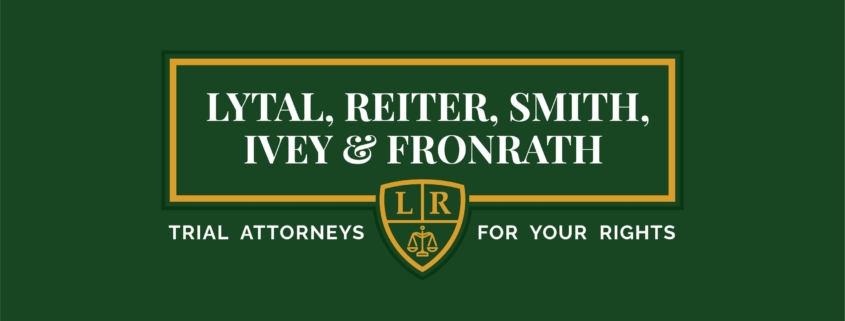Often, trial counsel find themselves in the predicament of having spent countless hours (and, worse, dollars) during discovery and preparing a case for trial to only find themselves in the situation of having lost their case in either a pre-trial motion (such as a motion for summary judgment) or, at a greater expense, during trial. They are now faced with the ever-so-daunting questions: Do I appeal? How much will it cost? Will I win? Trial counsel may have also succeeded, but is now faced with an appeal by opposing counsel that could jeopardize their hard-fought victory (and million-dollar verdict) before the trial court.
In such situations, the employment and representation of an appellate practitioner is vital to trial counsel’s success on appeal. An appellate practitioner will provide the keys to successfully obtaining the much-needed reversal of the trial court’s decision, or that affirmance of a multi-million dollar jury award. And even before trial court proceedings have concluded, an appellate practitioner can provide important advice concerning complex legal issues and preservation of issues and objections that may be essential and necessary for success on appeal. The mere highlights of the help an appellate practitioner can provide trial counsel are:
1) Time and Money: A seasoned appellate practitioner should be able to give you a fair assessment regarding the depth of the issues on appeal, the research required, the time needed for briefing, and whether oral argument will be needed (or, in some cases, ordered by the court). These are the broad strokes of an appeal and what typically constitute the majority of appellate costs. By being able to predict them, an appellate practitioner (as opposed to a trial attorney) should be able to give you a fairly accurate approximation of the amount of time and money your appeal would or will need.
2) Likelihood of Success: Succeeding on appeal is difficult. Period. Appellate courts are remiss to overturn trial courts and undue what are typically expensive trial court proceedings without good cause. Further, the law favors finality, meaning that the law itself (and not just the judges) favors affirming the trial court over reversing, and, as such, requires a “presumption of correctness” on appeal for the trial court’s decision below. As a result, there is only about a 20% chance of success on appeal. This low likelihood of success on appeal is the prime reason why representation by an appellate practitioner is important. If you lost below, an appeal is your last shot at success. An appellate practitioner who knows the appellate process and the application of the law on the appellate level will provide that last/best opportunity to obtain that vital “reversal” and “reset” of the case below, or obtain that much-needed affirmance of a jury’s verdict.
3) Preservation of the Record: The appellate court will only consider matters that constitute the record below. If something is not part of the “record below,” the appellate court will likely not consider it. An appellate practitioner will know how to “build the record” during the lower court proceedings (favoring the involvement of appellate counsel during the trial court proceedings), or, if needed, supplement the record appropriately after an appeal has been filed.
4) Preservation of Issues/Arguments/Objections: Absent “fundamental” error, the appellate court will only consider those arguments, issues, and objections properly presented and preserved during the trial court proceedings. An error is fundamental only when it is so egregious that is vitiates the fairness of the entire proceedings. Such errors are severe and exceptionally rare. Accordingly, in most instances, arguments on appeal concern only those arguments, issues, and objections properly presented and preserved before the trial court. The advice of an appellate practitioner will provide trial counsel with the “know how” regarding the proper presentation and preservation of arguments and objections on appeal. If preservation of error becomes an issue, an appellate practitioner is best equipped to climb the mountain of fundamental error and obtain reversal, or withstand any such attack if the decision below was favorable.
For these essential reasons alone, retaining an appellate practitioner when faced with, or the possibility of, an appeal provides the highest likelihood of success in what is, often, either: (1) a party’s last chance for success in his case, or (2) a party’s defense against the unraveling of a successful outcome before the trial court.
If you are in such a situation, and in need of an appellate practitioner for help on an appeal or in a litigation support capacity, please contact the author of this post, Anthony M. Stella, Esquire, the Appellate and Litigation Support Attorney for Lytal, Reiter, Smith, Ivey, & Fronrath. Anthony has extensive experience in appellate matters of all kinds, as he served as a staff attorney at Florida’s Fourth District Court of Appeal, a senior staff attorney at the Florida Supreme Court, and has over four years of appellate and litigation experience in personal injury, products liability, medical malpractice, and commercial law. His e-mail is astella@foryourrights.com, and his direct line is (561) 820-2235. He is available at any time for a free consultation regarding the propriety of your or your opposing counsel’s appeal.




